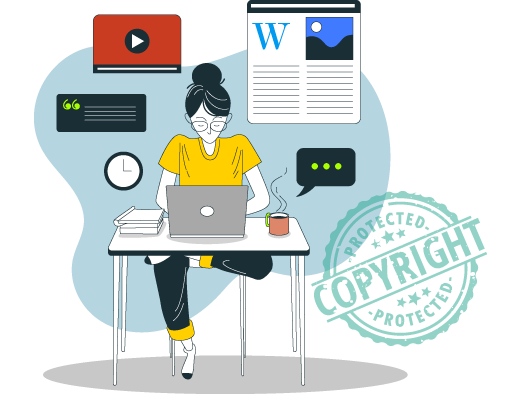Thank you
This is it! Tonight is my last official post for EME6414, Summer 2023. What to write about? If you had asked me a few hours earlier, my honest answer would have been "no idea". It's not I don't have anything on my mind (I may have too much actually), but I was not sure how to approach this last post. So, I've decided I'll do just as usual and draw a few personal reflections. To help me tackle this last challenge, I went back to Canvas and get an overview of our Modules Main Page. Gosh, what a journey it has been! The first image that comes to my mind is the iceberg metaphor. You know, this impression that for years, you had been exploring the World Wide Web with confidence, as if you were in your own neighborhood, with your own habits, hanging out with the same people, getting what you were looking for, not less, not more. And one day, you realize that you were just scratching the surface and that a whole world was lying underneath, inviting you to a whole new
